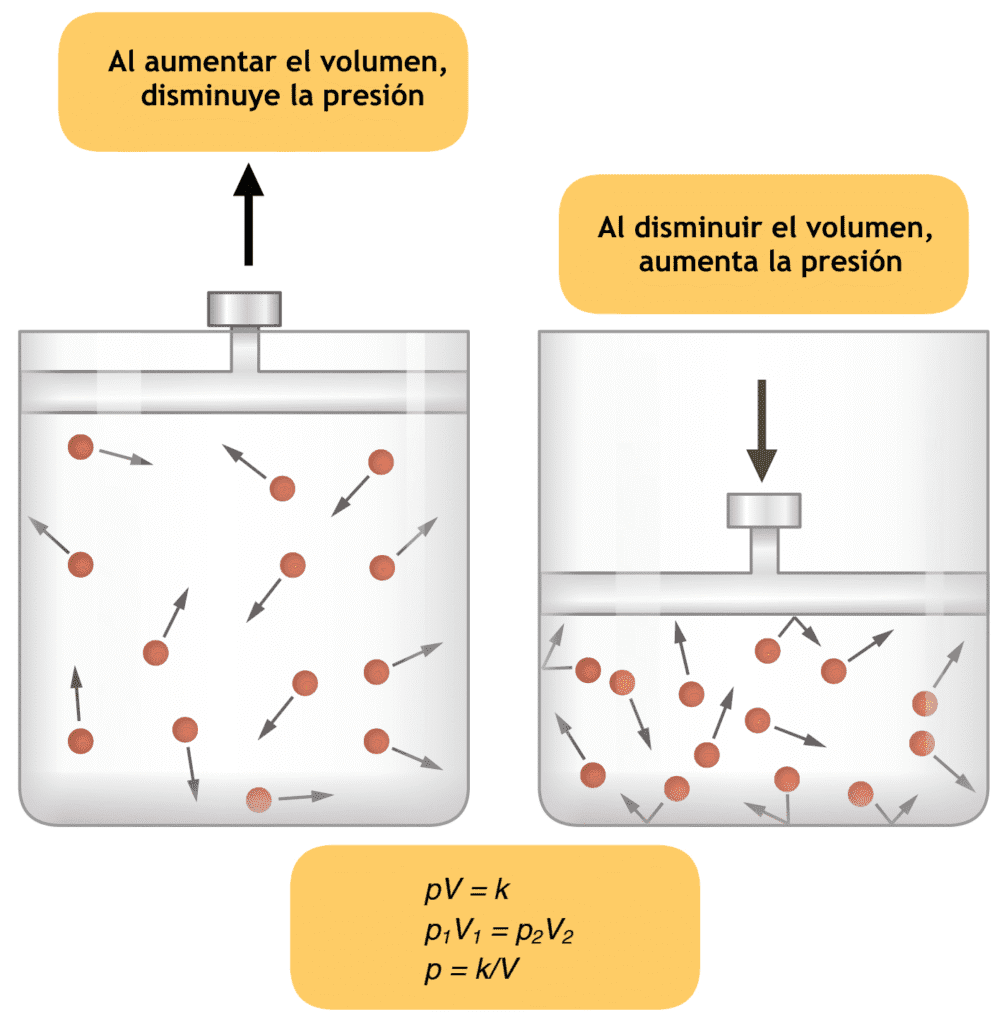Isoflurane is a fluorinated methyl ethyl ether. It is an isomer of enflurane.
Physical Properties of Isoflurane :
• It is Colorless.
• It has pungent ethereal odor so induction is not smooth.
• Non inflammable, non explosive.
• Vapor pressure similar to halothane (240 mmHg). Hence it also has agent specific Isoflurane vaporizer.
Anesthetic Properties of Isoflurane :
• Agent with moderate potency (MAC 1.15) and with moderate induction and recovery time (B/G coefficient 1 .3 8).
• Not a good analgesic.
• Muscle relaxation is moderate.
Systemic Effects of Isoflurane :
Cardiovascular system: Hypotension is maximum with isoflurane (It is the inhalational agent of choice for controlled hypotension), but at the same time does not depress myocardium, does not cause bradycardia and baroreceptor reflex is preserved or minimally depressed so cardiac output is best maintained among all inhalational agents.
It increases the coronary blood flow to non ischemic area which in patients of myocardial ischemia can cause coronary steal.
It does not sensitizes myocardium to adrenaline. Isoflurane’s cardiac stability makes it the agent of choice for cardiac patients (except myocardial ischemia).
Respiratory system: Respiratory depression is less than halothane. It blunts ventilatory response to hypercarbia and hypoxia.
Bronchodilatation is much less than halothane.
Liver: Liver functions are not much affected.
Kidneys: Minimal effect on kidney function.
Neuromuscular: Muscular relaxation is of moderate degree.
Cerebral: Rise in intracranial pressure is minimal with isoflurane among inhalational agents and this rise can be reversed with hyperventilation. It also decreases brain’s oxygen consumption. These properties make isoflurane as agent of choice for neurosurgical procedures.
Metabolism of Isoflurane :
Metabolic products are trifluoroacetic acid and fluoride. Fluoride produced by isoflurane is not high enough to cause renal injury.
Isoflurane Indications :
It is agent of choice for cardiac patients and neurosurgery.
Isoflurane Contraindications :
There is no contraindication to the use of isoflurane except that it should be avoided in patients with myocardial ischemia.


This is really an excellent article! We have book marked it and mailed this out to many of my close friends since I know they are intrigued, thank you very much!
I am taking an interest in anesthesia equipment, and this Isoflurane anesthetic agent is the most intriguing to me. I even just love the way it sounds when I say it! I found this very very interesting too. Plus, my Dad is a chemist so the chemical aspects of Isoflurane would prove to be quite relevent to him. Thank you so much for an interesting page on this “Anesthesia Wonder”. I plan to share it with everyone I know , including a cousin of mine who in college to become an anesthesiologist herself.